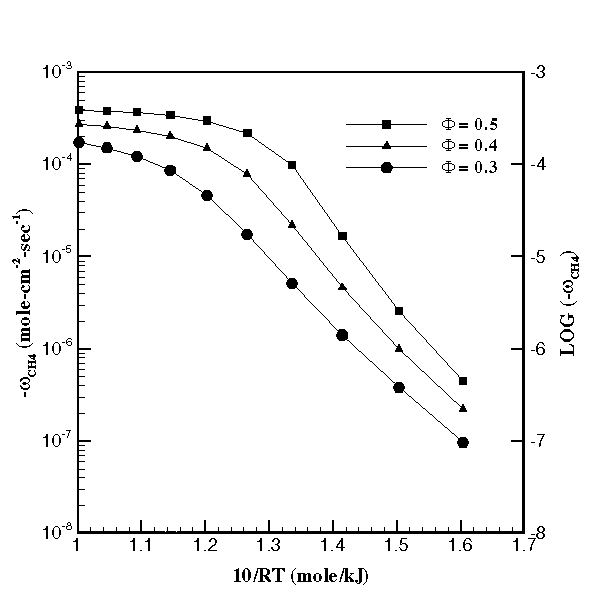Is it good to say
the smaller the parameter is, the outer the curve.
or alternatively,
the bigger the parameter is, the inner the curve.
I don't feel they are natural. What do you think?
I am not sure if "outer" and "inner" here can be used as the comparative degree form of adjectives "out" and "in"? Can "out" and "in" be adjectives?
Thanks!

